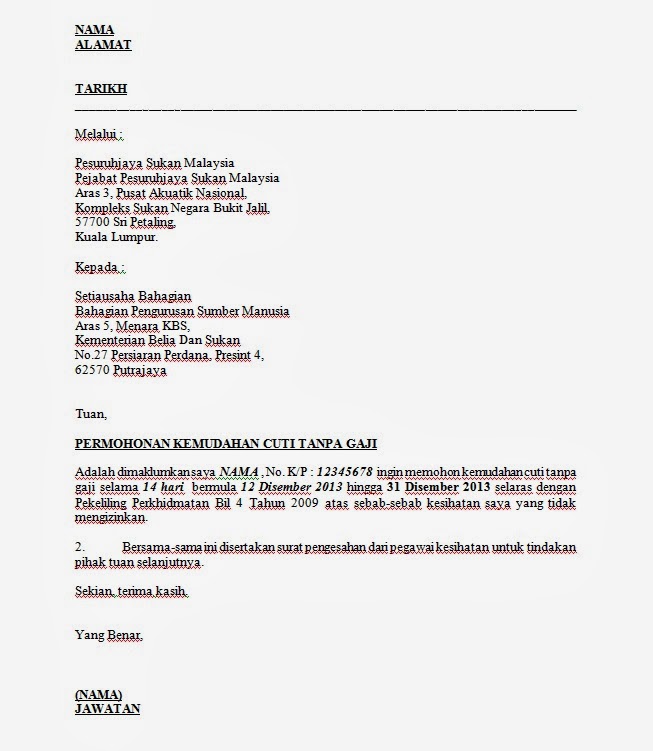Navigating Volunteer Agreements: A Comprehensive Guide
Volunteering, the act of offering one's time and skills without expecting monetary compensation, is a powerful force for good. It strengthens communities, supports important causes, and fosters personal growth. When individuals or organizations engage volunteers, it's crucial to establish clear expectations and a mutual understanding of the arrangement. This is where a volunteer agreement comes in, acting as a roadmap for a successful and fulfilling volunteer experience.
A volunteer agreement, often referred to as a "letter of agreement" or "memorandum of understanding," is a document that outlines the terms of a volunteer's involvement with an organization. It serves as a point of reference for both parties, ensuring everyone is on the same page regarding roles, responsibilities, and expectations. While it may seem formal, a well-drafted volunteer agreement is not about creating a rigid contract but rather about fostering transparency, trust, and a shared commitment to a common goal.
The history of volunteer agreements is intertwined with the evolution of volunteerism itself. As organized volunteering gained momentum, particularly in the 20th century, the need for structured frameworks became evident. Organizations recognized the importance of protecting both themselves and their volunteers by clearly defining roles, responsibilities, and liabilities. This led to the development of more formalized agreements that outlined the scope of volunteer work, insurance coverage, confidentiality, and other essential aspects.
The importance of a volunteer agreement cannot be overstated. It serves as a cornerstone for a positive and productive volunteer experience by:
Protecting both parties: A volunteer agreement clarifies liabilities and expectations, minimizing misunderstandings and potential disputes. It also outlines insurance coverage and any legal protections afforded to volunteers.
Ensuring clarity and transparency: By defining roles, responsibilities, and time commitments, the agreement prevents ambiguity and ensures everyone understands their part in the bigger picture.
Promoting professionalism and accountability: A formal agreement underscores the commitment both parties are making, fostering a sense of professionalism and mutual accountability.
Navigating the world of volunteer agreements can raise several questions. Here are some common queries and their answers:
Q: Is a volunteer agreement legally binding?
A: While a volunteer agreement is a formal document, it's not a contract in the traditional sense, as there's no exchange of money. However, it does demonstrate a serious intent and understanding between the parties, which can hold weight in certain situations.
Q: What should be included in a volunteer agreement?
A: Essential elements include a description of the volunteer role, time commitment, reporting structure, confidentiality clauses, liability waivers, insurance information, and termination clauses.
Q: Can a volunteer agreement be changed after it's signed?
A: Yes, with mutual consent from both parties. Any changes should be documented in writing and signed by both the volunteer and the organization representative.
Volunteer agreements are essential tools for organizations engaging volunteers. They provide clarity, protection, and a framework for a mutually beneficial experience. By embracing these agreements, organizations can cultivate a culture of appreciation, professionalism, and shared success in their volunteer programs.
Level up your facebook game finding the perfect fotos de portada para facebook aesthetic
May the force be with your birthday happy birthday star wars images
Metallic red auto paint sex appeal on wheels





